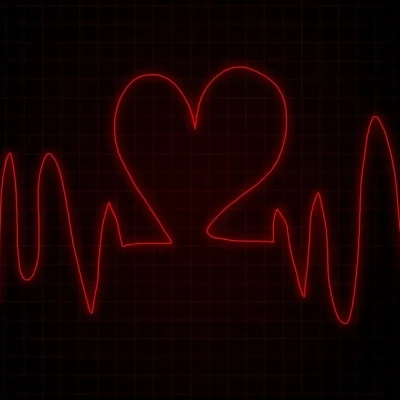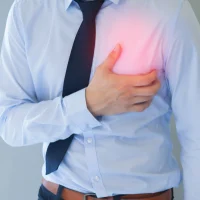New drugs and therapies have led to improvement in cancer patients’ survival; however, cardiovascular toxicity is a reality that impacts on the quality of life of these patients. Cardio-oncology, the multidisciplinary cardiovascular care of cancer patients, has been proposed as a new approach to improve prevention, early identification and management of cardiotoxicity.
While in recent years much of the focus has been on the early detection and prevention of heart failure (HF), cancer therapies are associated with a broad range of cardiovascular (CV) toxicities including cardiac arrhythmias, hypertension and ischaemic heart disease. Multidisciplinary expert-based recommendations provide guidance on the management of these non-HF cancer-related CV toxicities.
Cancer and cardiac arrhythmias
Management of cancer-induced CA is challenging and requires a close collaboration between cardiologists and oncologists. This is particularly relevant for atrial fibrillation (AF) and QT prolongation, the two main arrhythmic issues in these patients.
As a general rule, in patients with pre-existing AF who need cancer therapy, a cardio-oncology consultation is recommended to optimise AF treatment. Traditionally, the use of vitamin K antagonists (VKAs) is not recommended during active cancer treatment due to the difficulty of ensuring stable international normalised ratio (INR) levels. In valvular AF, the decision to keep VKAs or switch to low molecular weight heparins should be individualised.
A rigorous evaluation of the QT interval is mandatory in patients who receive potential QT-prolonging drugs to minimise the risk of arrhythmias and to prevent unnecessary interruptions of cancer therapies. Withdrawal of anti-cancer drugs or administration under hospital monitoring should be considered if the corrected QT interval (QTc) is >500 ms or has increased by more than 60 ms from baseline
Cancer and hypertension
Hypertension (HTN) is the most common comorbidity reported in oncological patients. Oncological therapies may cause HTN through different mechanisms, although the most frequent are vascular endothelial growth factor signalling pathway inhibitors (VEGFi) and proteasome inhibitors.
As a general rule, the blood pressure (BP) target in cancer patients with uncomplicated HTN is <130/80 mmHg. With the exception of low-risk patients or frail older patients, the initiation of treatment with two drugs improves the speed and efficiency of BP control. As in the general population, renin-angiotensin system blockers (RAS) with dihydropyridine calcium channel blockers is the preferred combination. In patients at risk of HF or AF, RAS and beta-blockers are considered the drugs of choice given their protective profile.
If BP is not controlled by the above treatments, the use of a three-drug therapy or the addition of spironolactone is recommended unless contraindicated.
Cancer and ischaemic heart disease
Several cancer therapies can lead to cardiac ischaemia or, in the worst cases, result in myocardial infarction. The mechanisms by which drugs can cause vascular toxicity range from a direct vasospastic effect to endothelial injury or premature atherosclerosis. Cisplatin and VEGFi (such as bevacizumab and sunitinib) have been associated with arterial thrombosis.
There are no specific recommendations for ischaemic heart disease prophylaxis in cancer patients. As in those without cancer, preventive strategies should be based on a strict CV risk factor control and clinical surveillance. When required, testing for the detection of ischaemia (electrocardiogram [ECG] or echo stress test) and coronary artery disease (cardiac CT) are recommended. For patients with angina, treatment optimisation is recommended, as well as control of precipitating factors such as anaemia.
Source: E-Journal of Cardiology Practice
Image Credit: Pixabay








